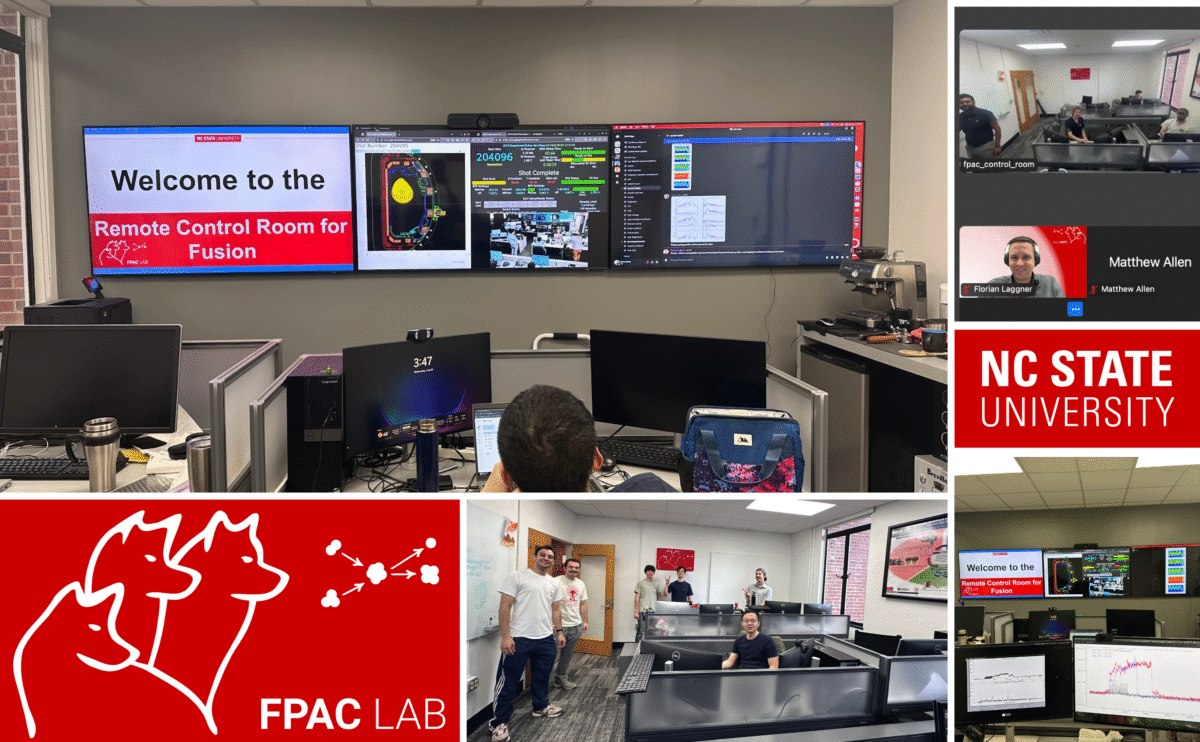Tech sector job interviews assess anxiety, not software skills

[marketing-quote color=’red’ align=’left’ img=” source=’Dr. Chris Parnin’ quotes=’true’]Our study suggests that a lot of well-qualified job candidates are being eliminated because they’re not used to working on a whiteboard in front of an audience.[/marketing-quote]
A new study from NC State’s Department of Computer Science and Microsoft finds that the technical interviews currently used in hiring for many software engineering positions test whether a job candidate has performance anxiety rather than whether the candidate is competent at coding. The interviews may also be used to exclude groups or favor specific job candidates.
“Technical interviews are feared and hated in the industry, and it turns out that these interview techniques may also be hurting the industry’s ability to find and hire skilled software engineers,” says Dr. Chris Parnin, an assistant professor of computer science and co-author of a paper on the work. “Our study suggests that a lot of well-qualified job candidates are being eliminated because they’re not used to working on a whiteboard in front of an audience.”
Technical interviews in the software engineering sector generally take the form of giving a job candidate a problem to solve, then requiring the candidate to write out a solution in code on a whiteboard — explaining each step of the process to an interviewer.
Previous research found that many developers in the software engineering community felt the technical interview process was deeply flawed. So, the researchers decided to run a study aimed at assessing the effect of the interview process on aspiring software engineers.
For this study, researchers conducted technical interviews of 48 computer science undergraduates and graduate students. Half of the study participants were given a conventional technical interview, with an interviewer looking on. The other half of the participants were asked to solve their problem on a whiteboard in a private room. The private interviews did not require study participants to explain their solutions aloud, and had no interviewers looking over their shoulders.
Researchers measured each study participant’s interview performance by assessing the accuracy and efficiency of each solution. In other words, they wanted to know whether the code they wrote would work, and the amount of computing resources needed to run it.
“People who took the traditional interview performed half as well as people that were able to interview in private,” Parnin says. “In short, the findings suggest that companies are missing out on really good programmers because those programmers aren’t good at writing on a whiteboard and explaining their work out loud while coding.”
The researchers also note that the current format of technical interviews may also be used to exclude certain job candidates.
The study was co-authored by Shivani Shirolkar, a Ph.D. student at NC State who worked on the project while an undergraduate; and by Dr. Titus Barik, a researcher at Microsoft and former computer science Ph.D. student at NC State.
Return to contents or download the Fall/Winter 2020 NC State Engineering magazine (PDF, MB).
- Categories:


